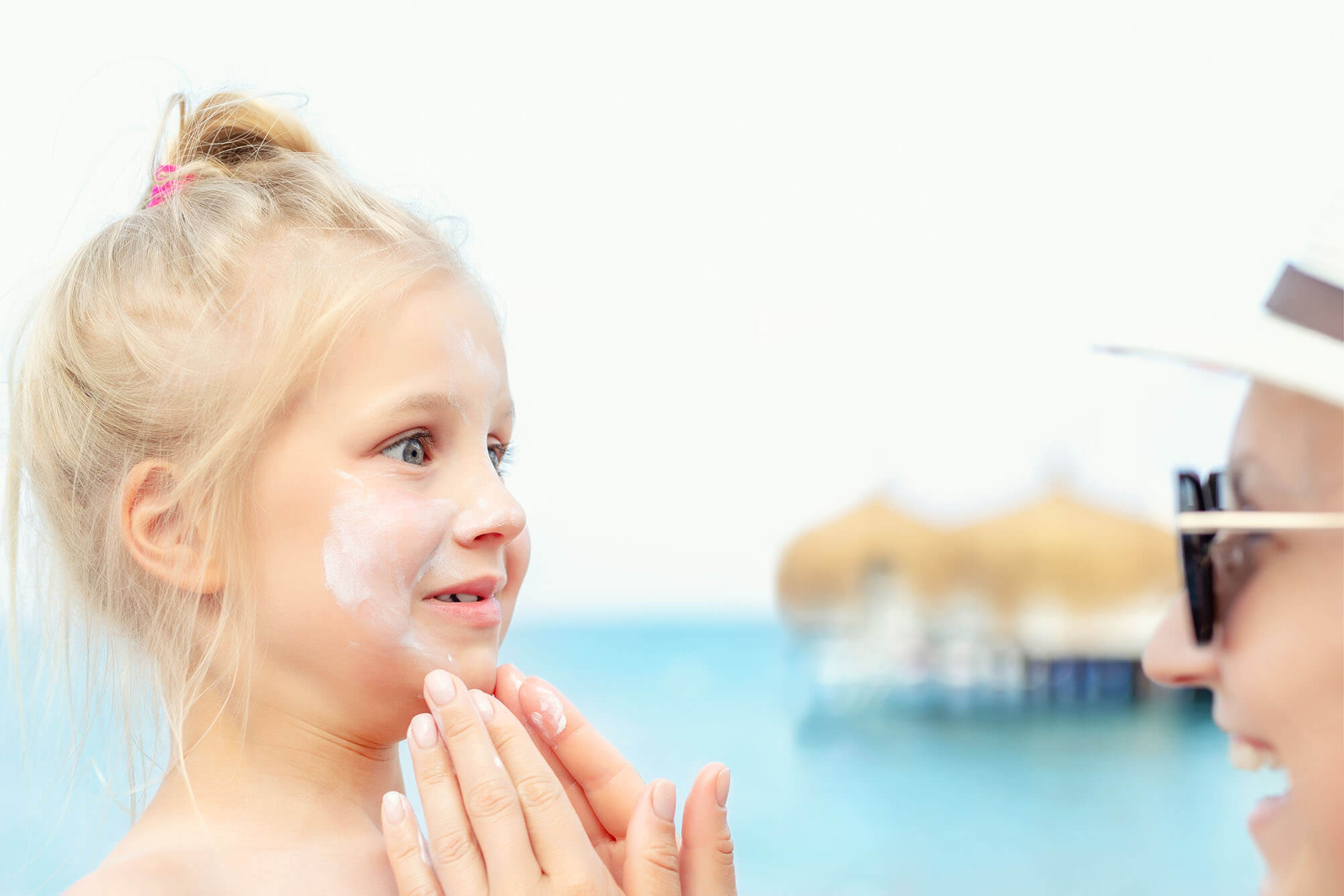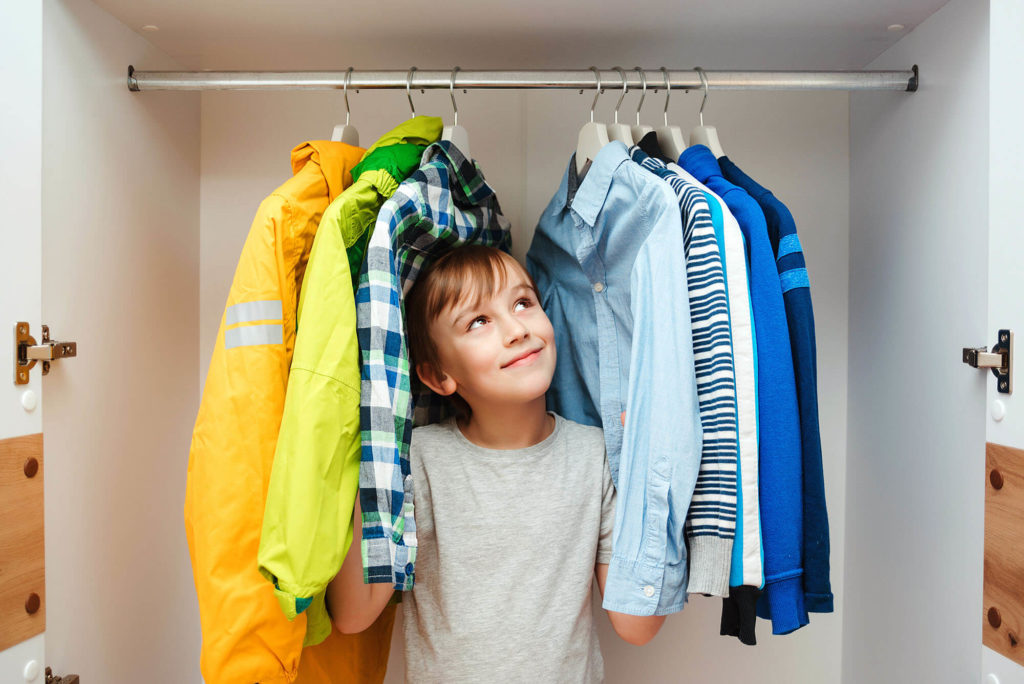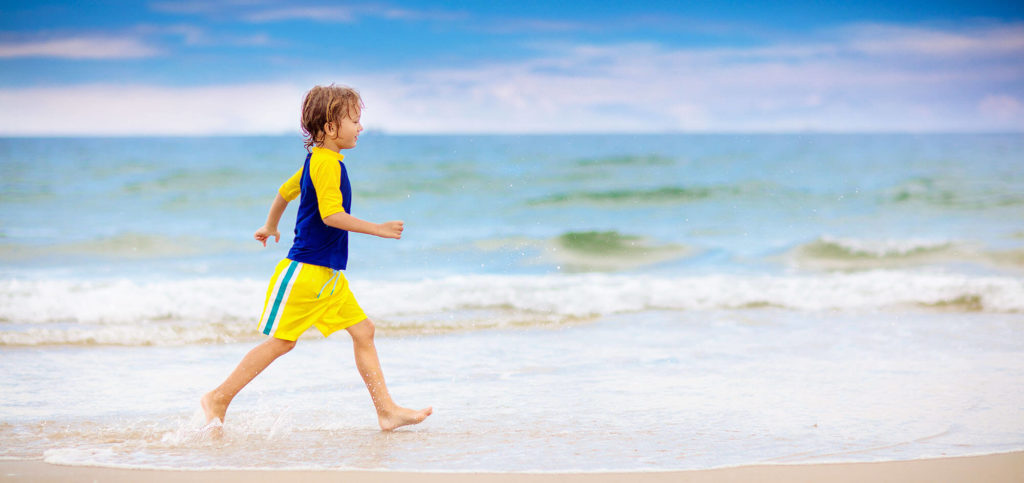January 27, 2026
5 Sensory-Friendly Activities in Victorville, CA, for Kids on the Autism Spectrum
FEATURED POSTS
December 30, 2025
December 15, 2025
November 25, 2025
For families of children on the autism spectrum, sensory-friendly spaces are more than just nice-to-haves. They can mean the difference between a good day and a bad one.
Many children on the autism spectrum experience sensory sensitivities, meaning certain sounds, lights, textures, or crowded spaces can feel overwhelming.
Sensory-friendly spaces offer a breath of fresh air. They are thoughtfully designed or adapted to cater to sensory needs, providing environments where kids can feel safe and relaxed.
Southern California’s urban hubs like Los Angeles and San Diego are known for catering to this kind of inclusivity, but if you’re farther out of the core, sensory-friendly options can vary widely by city.
Victorville is carving out a niche for families seeking sensory-friendly experiences. Here are five spots on its growing list of places for families seeking successful outings.
1. Autism Eats – High Desert Hosts Sensory-Friendly Events
Autism Eats – High Desert hosts sensory-friendly dinners where families with autism can enjoy meals together in a non-judgmental environment. These events are structured to accommodate the needs of both kids and parents.
Tip for Families: Follow their Facebook page to stay updated on events near you.
2. Quiet Hours at Victor Valley Museum
The Victor Valley Museum offers special Quiet Hours on select Thursdays, reducing audio and visual stimulation to create a more welcoming space for children with sensory sensitivities.
Tip for Families: Borrow a sensory bag from the museum, complete with fidget toys and noise-canceling headphones, to enhance the experience.
3. Sensory-Friendly Story Times at Local Libraries
Local libraries in the Victorville area organize sensory-friendly story times, featuring quieter settings and calming activities like fidget toys or music. Many libraries also have reading nooks and designated quiet spaces where kids can settle if they need a break.
Tip for Families: Call in advance to learn about specific sensory-friendly events or set quieter hours.
4. Relax at Community Parks
Victorville’s community parks are ideal for sensory-friendly outdoor experiences. Parks such as Doris Davies Park offer wide-open spaces and shaded picnic areas. Exploring outdoors in a calm, natural environment can provide significant benefits for children on the spectrum.
Tip for Families: Bring noise-canceling headphones for extra comfort during your visit.
5. Fun at Get Air Trampoline Park
Get Air Trampoline Park hosts Special Needs Jump Time on the first Saturday of every month. The park creates a calmer atmosphere by turning down music and offering discounts for kids with special needs. Parents and guardians also jump for free.
Tip for Families: Call ahead to discuss accommodations or arrive early to familiarize your child with the space.
Check out our LEARN Behavioral blog on 5 simple play ideas for more sensory-friendly ideas.
Looking for additional support for your child in Victorville, CA? At AST, we use science and data to deliver contemporary applied behavior analysis (ABA) therapy, tailored exclusively to your child’s unique needs, behavior, and personality. Learn more about our services in the Victorville area and contact us today!













